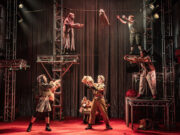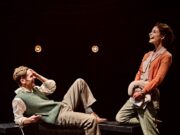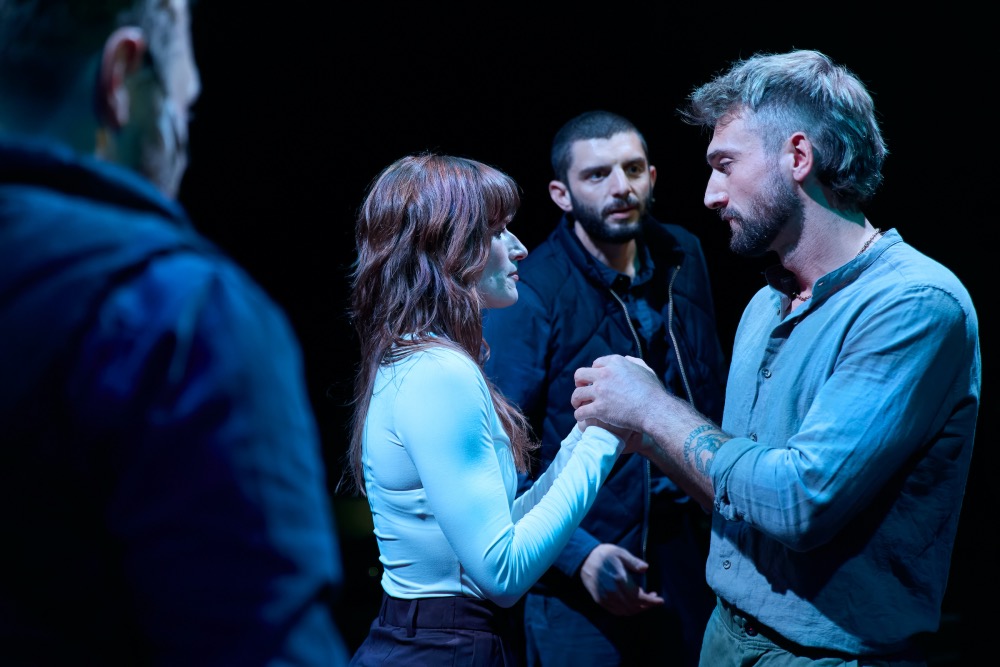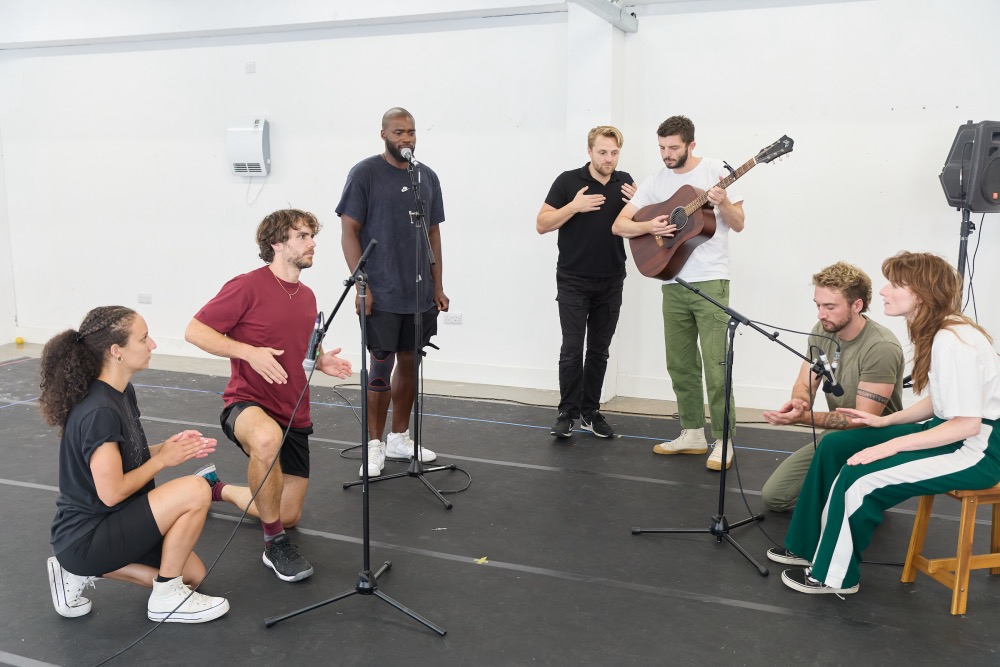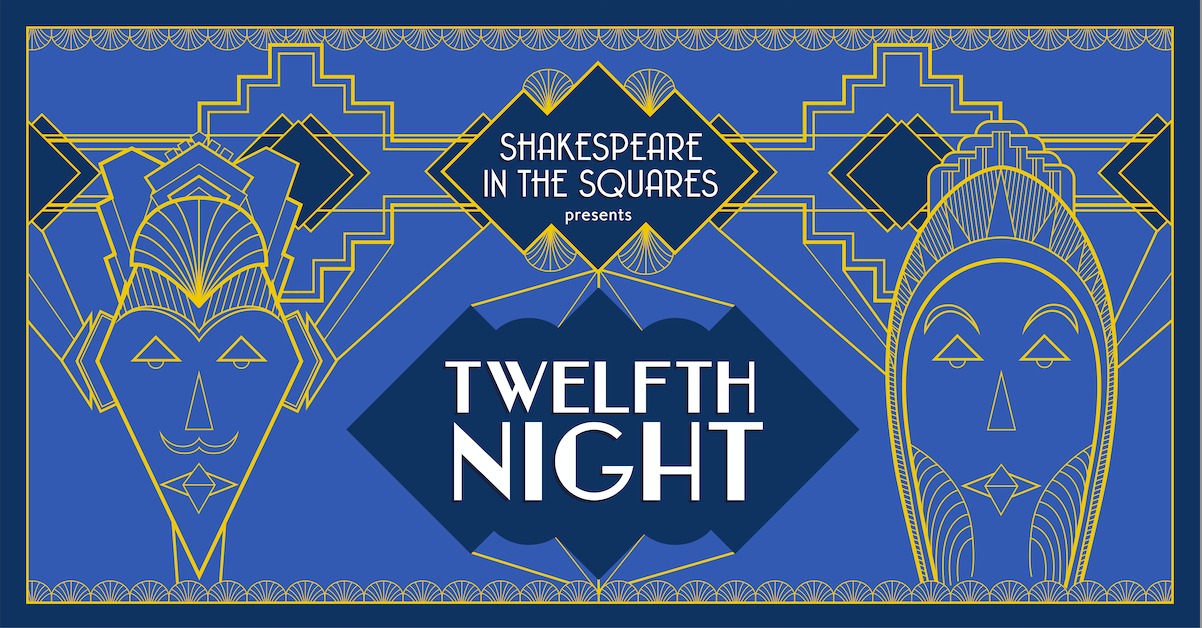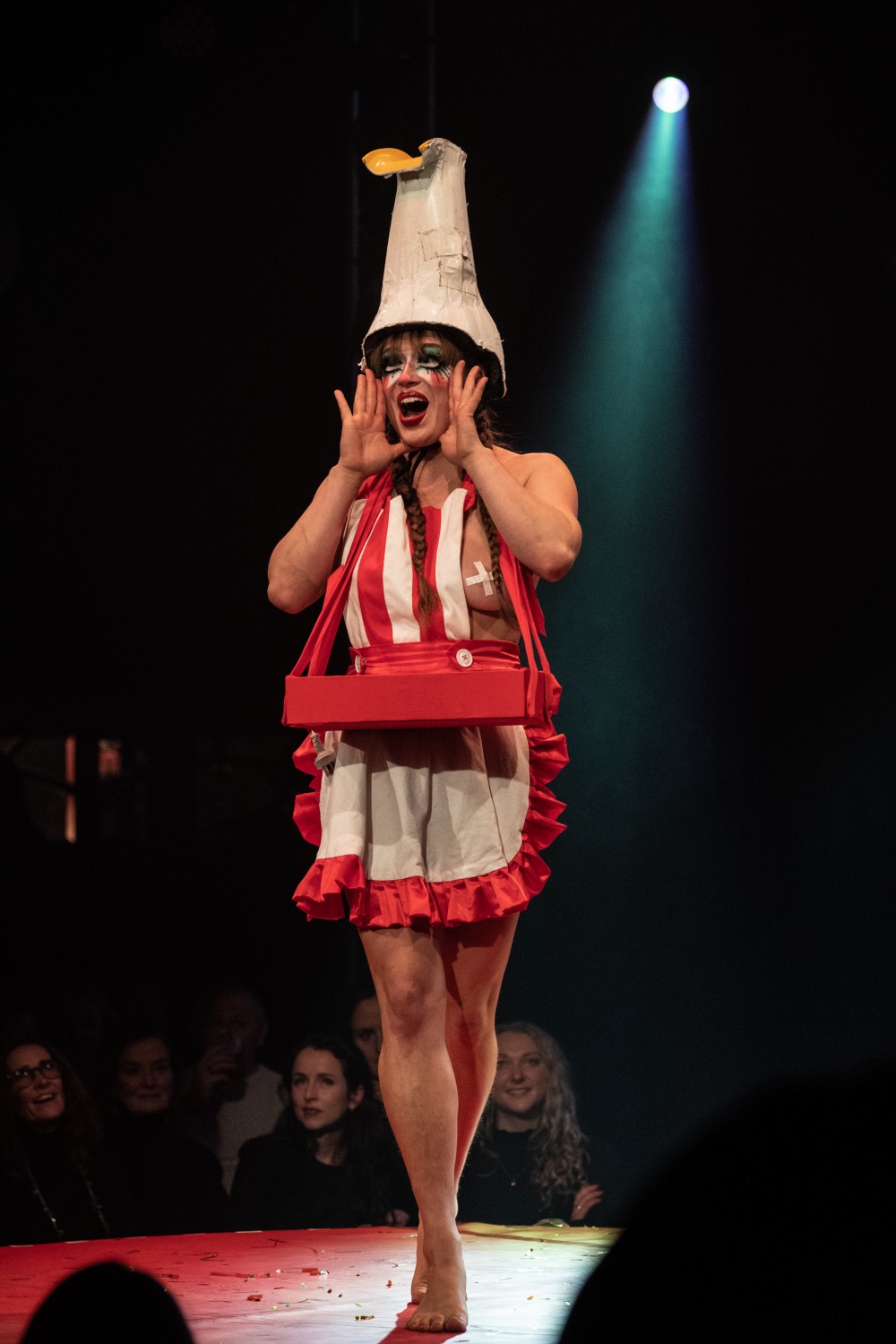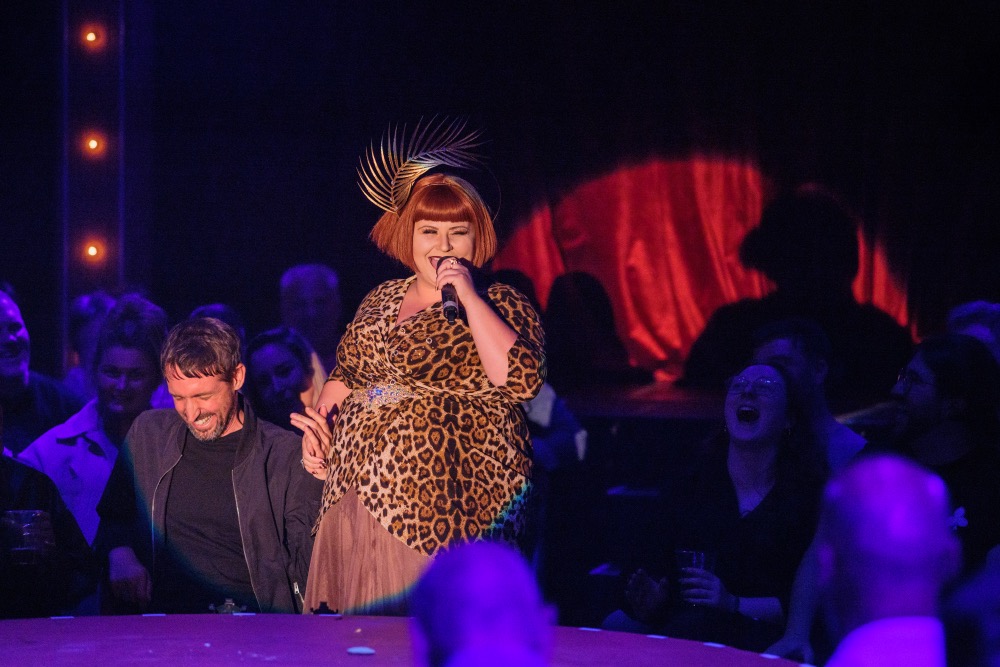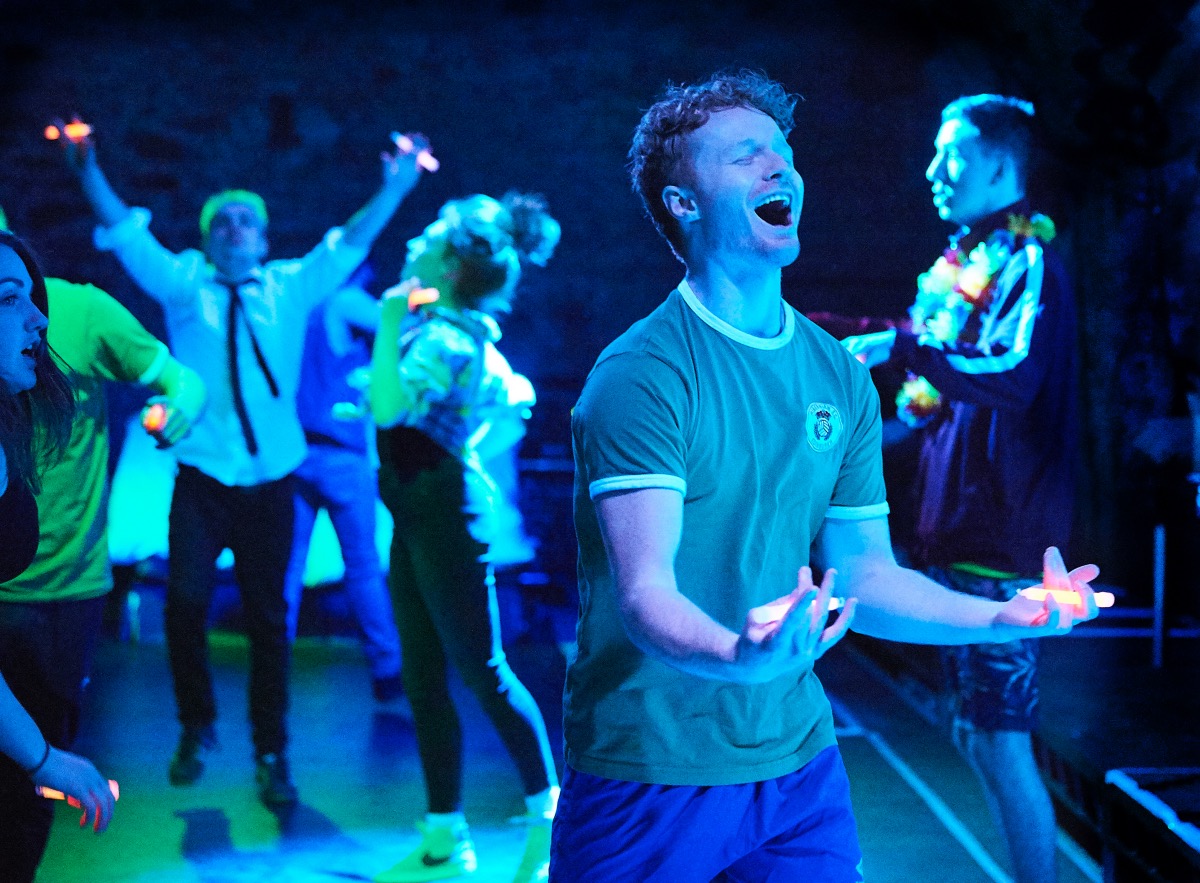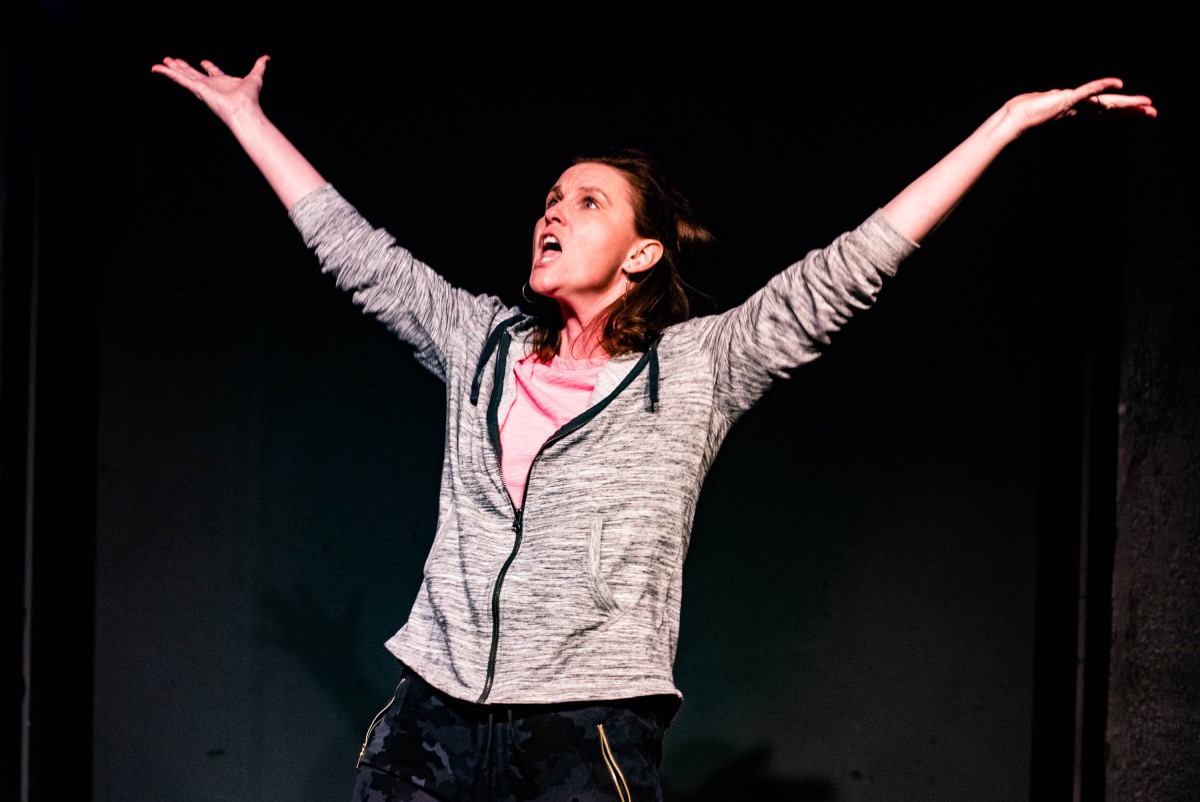Written between 1783 and 1787, Don Carlos is a (historical) tragedy by Friedrich Schiller. It is a tale of passion and power that is set against the backdrop of the bloody and ruthless Spanish Inquisition.
Don Carlos is heir to the tyrannical Philip II, and in love with his stepmother the Queen, French noble Elizabeth de Valois. When his father married her, his life was torn apart.
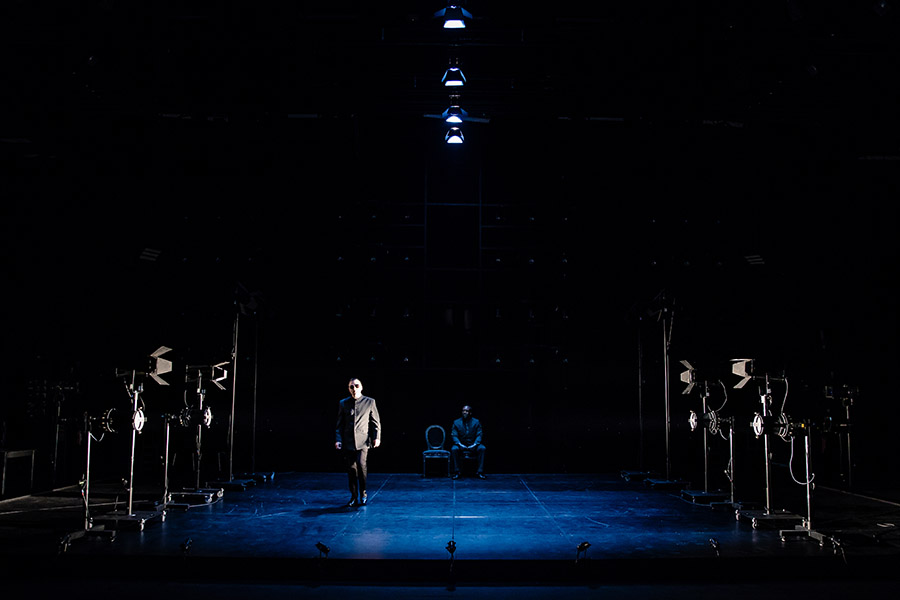
Heartbroken, he turns to his closest friend, Rodrigo, Marquis of Posa, a champion of the
Don Carlos is timeless in its constant echoing of contemporary politics; The title character is Carlos, Prince of Asturias and the play as a whole, is loosely modeled on historical events in the 16th century under the reign of King Philip II of Spain.
Produced by former Northcott Executive and Artistic Director Paul Jepson with NST and Rose Theatre, it is the centrepiece of the Exeter Northcott’s
Flip Webster plays Duchess. I asked Webster what attracted her to the role?
“The Duchess is Lady in Waiting to the Queen but in fact, she is the eyes and ears of the King. She is cold and stern, in keeping with the Court which makes her fun to play” she explains. While its a small part Webster acknowledges “My challenge is to establish her character in the time available. ”
She also
While this play was written between 1783 and 1787, there have been many productions of this play over the years. Contemporary audiences have been able to draw equations with the political situations that were occurring in their world at the time they saw the different iterations of it performed.
What will an audience get from this production today, I asked Webster?
“Our production is set in the contemporary world which allows for comparisons between the time it was set in (16th Century) when it was written (during the French Revolution) and the political landscape now” she explains. “The design and direction illuminate the stark and frightening time in which the story unfolds and it is fast moving which creates a lot of dramatic tension”.
I asked her, other than her own character, who is her favourite character in the play?
“All the characters have layers to them and are all interesting in their own ways and so it is difficult to choose but if I had to, I would say the Queen” she explains. “She represents the powerlessness of women as well as all those under authority. She is a mother, a wife, a politician and above all [she is] a human being and she tries to help bring about change.”
How did she research for the play?
“Gadi Roll, the director, believes that all we need to tell the story is in the
“The Spanish Inquisition was a terrifying monster and it helps to keep that in mind. I also read another translation of the play and about other productions. I also considered how the play compares in a modern context” concludes Webster.
Artistic and Executive Director Daniel Buckroyd commented on the production;
“We are also delighted that it will be playing to audiences around the UK, flying the flag for the theatre and the city.’’
With themes that echo works by Shakespeare, this play was written two years before the French Revolution. Don Carlos is caught between his loving obsession for his stepmother while being seduced by Posa’s dangerous vision of freedom.
Director Gadi Roll said, “This is a play for our times. It mercilessly and sensationally depicts an extreme world of state power and corruption, but at its heart are some of the greatest heroes ever written.”
Its the themes of justice and equality; freedom of expression and conscience; religious bigotry and state persecution that resonant more than ever today.
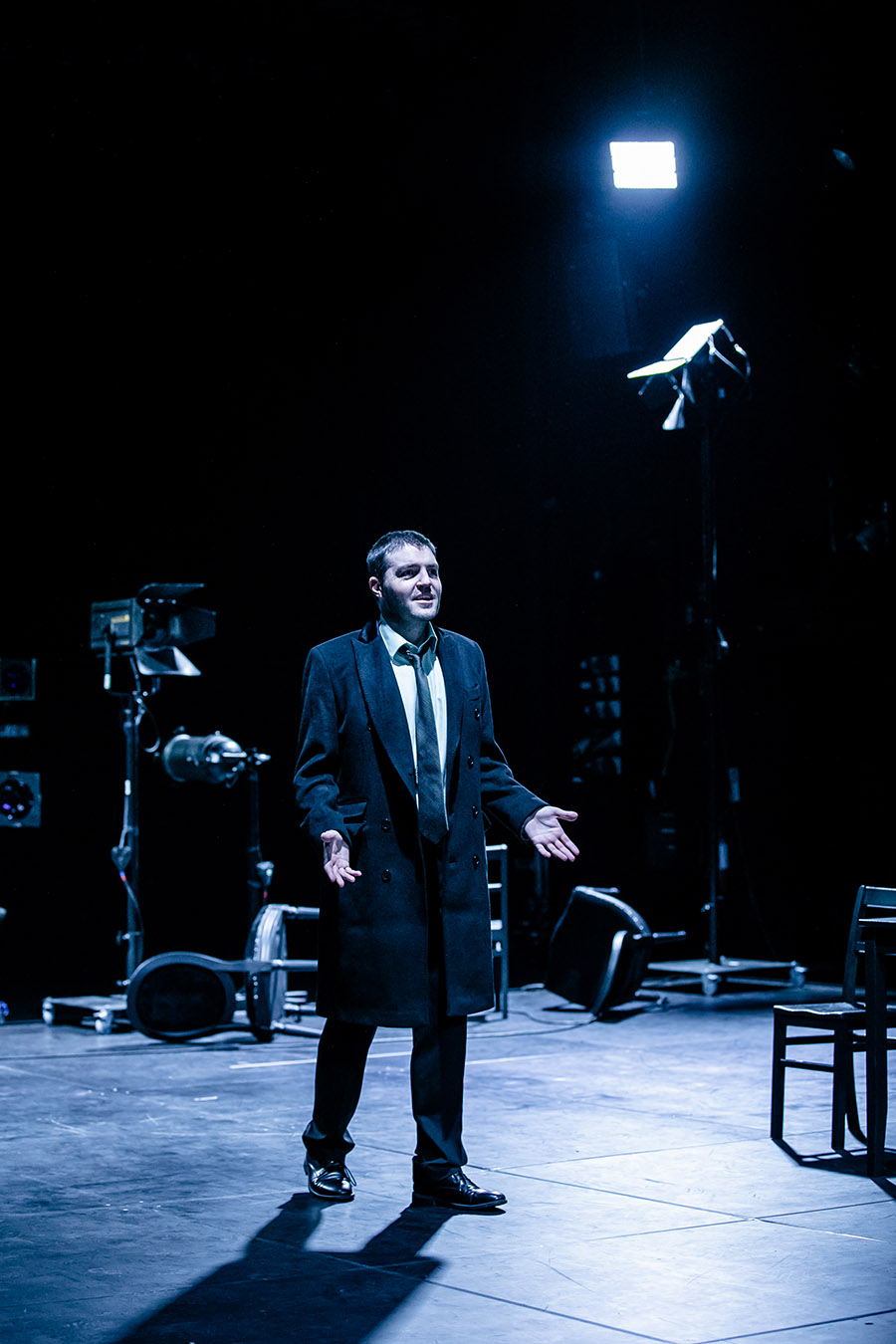
Don Carlos Production Photos ©The Other Richard 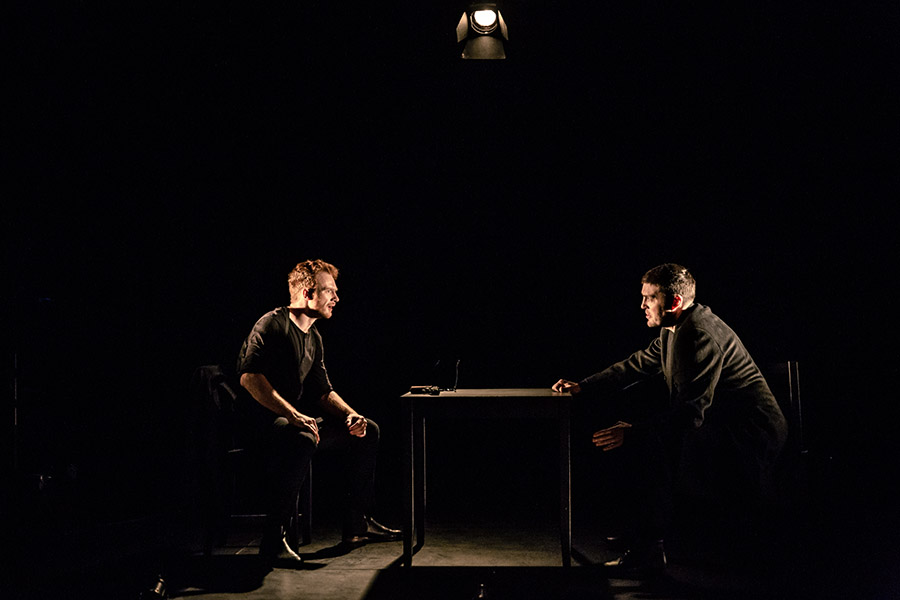
Don Carlos Production Photos ©The Other Richard 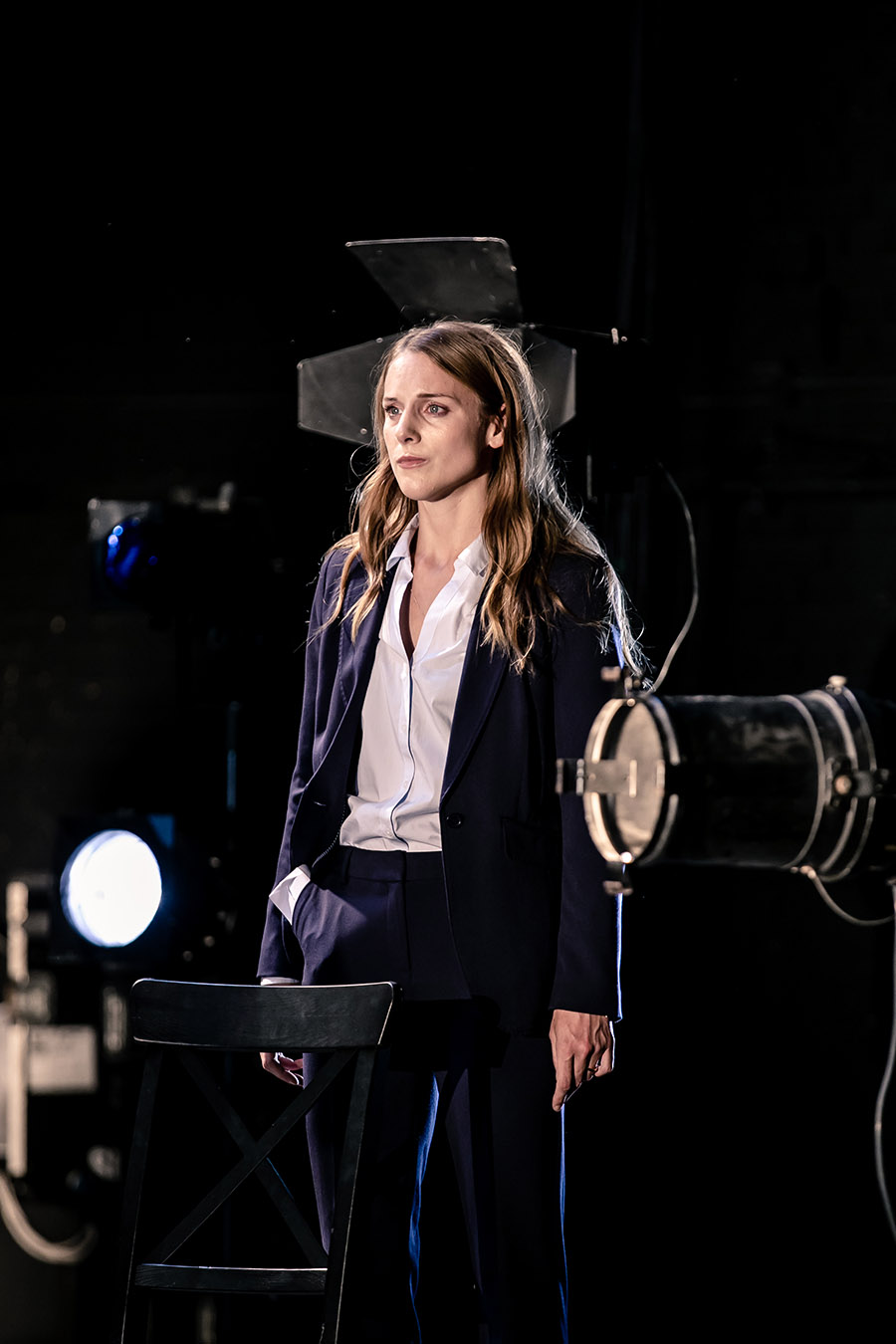
Don Carlos Production Photos ©The Other Richard 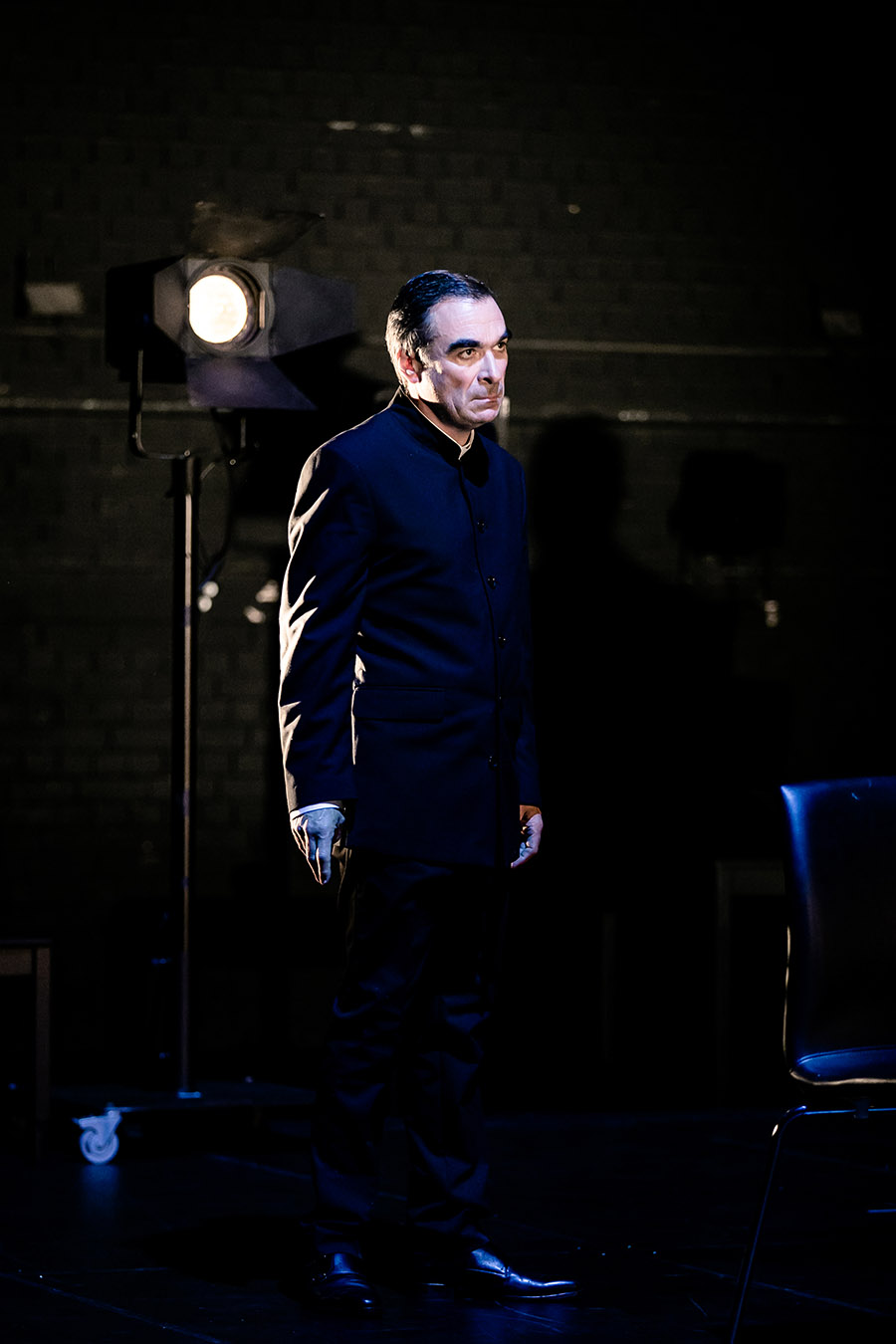
Don Carlos Production Photos ©The Other Richard 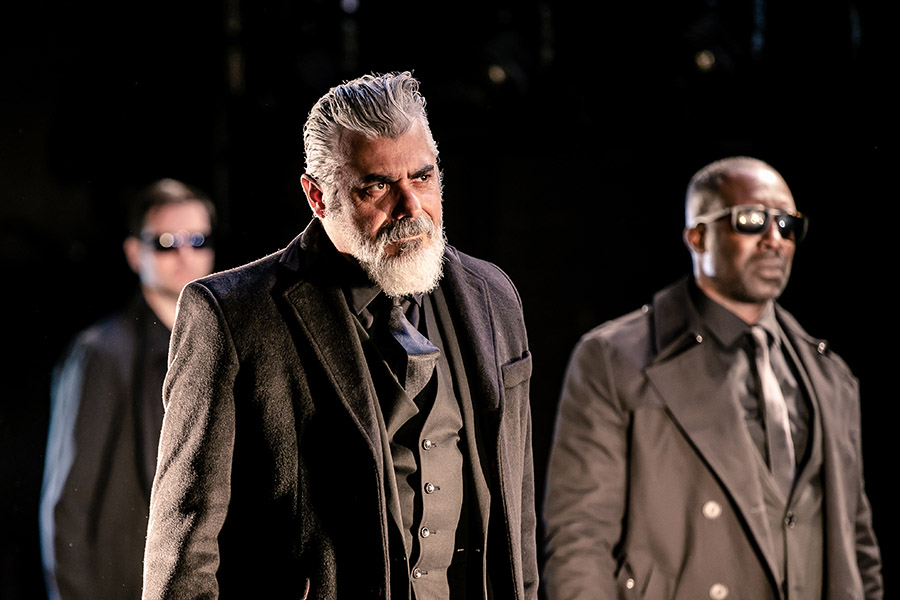
Don Carlos Production Photos ©The Other Richard 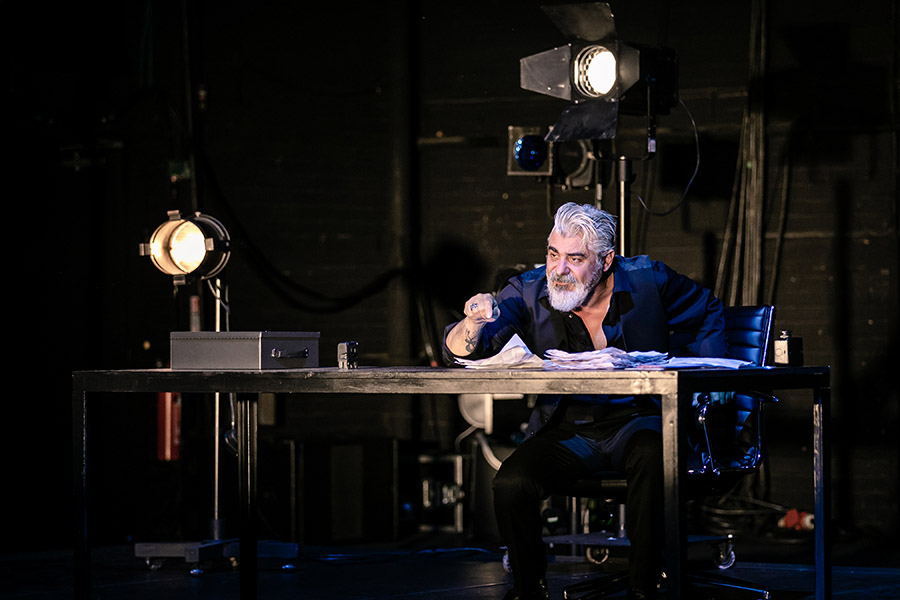
Don Carlos Production Photos ©The Other Richard
The play runs at the following locations:
Exeter Northcott Theatre
11 – 20 October 2018
Box Office: 01392 726363
Nuffield Southampton Theatres
23 October – 3 November
Box Office: 023 8067 1771
Rose Theatre Kingston
6 – 17 November
Box Office: 020 8174 0090



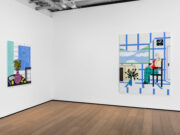
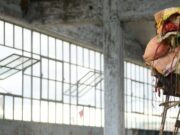
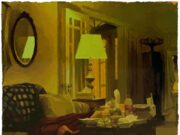

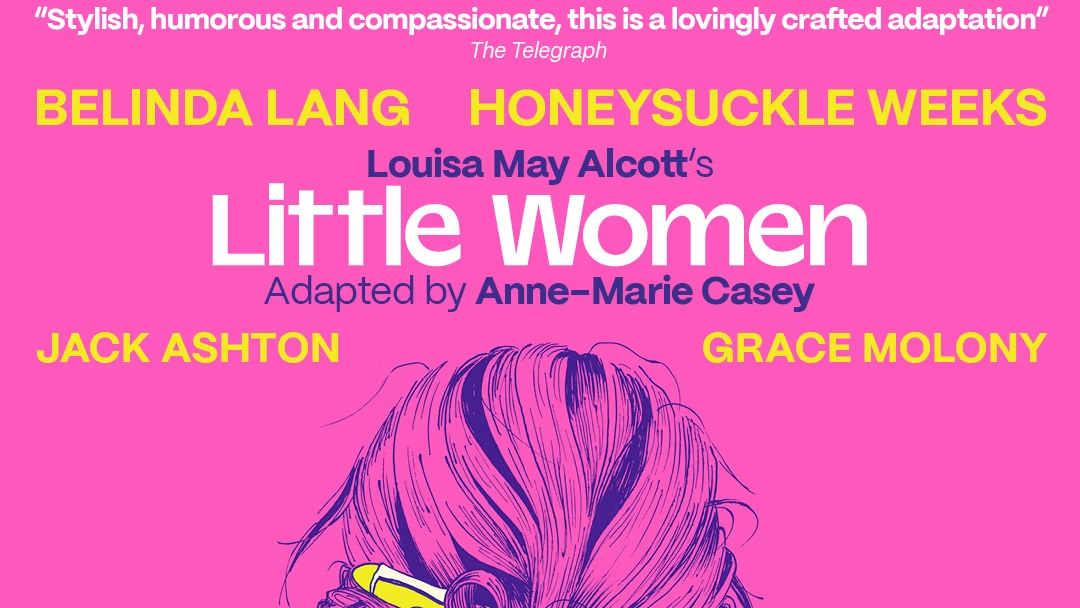

![Antigone [on strike] | Review Ali Hadji-Heshmati and Hiba Medina in Antigone [on strike] at Park Theatre, London. Photo: Nir Segal](https://theartiscapegallery.com/wp-content/uploads/2025/02/Antigone-on-strike-photo-by-Nir-Segal-D1_Standard-180x135.jpg)
